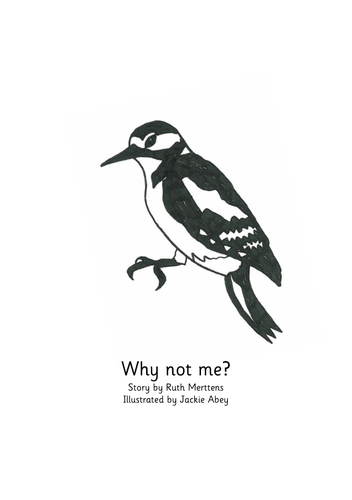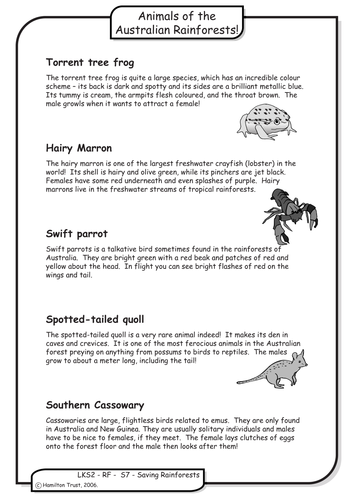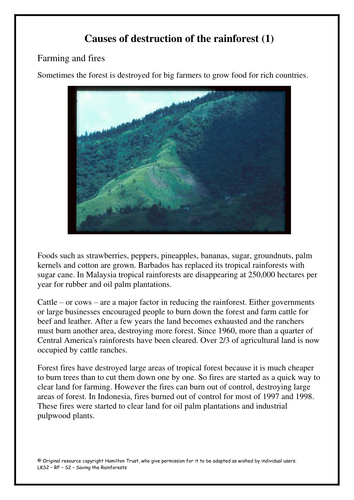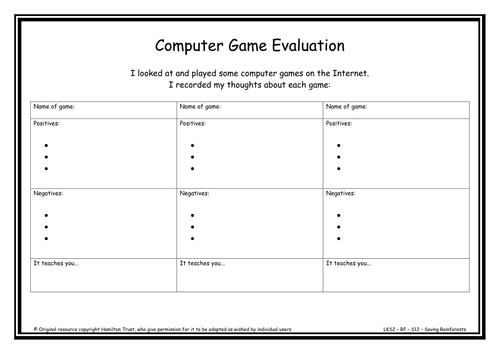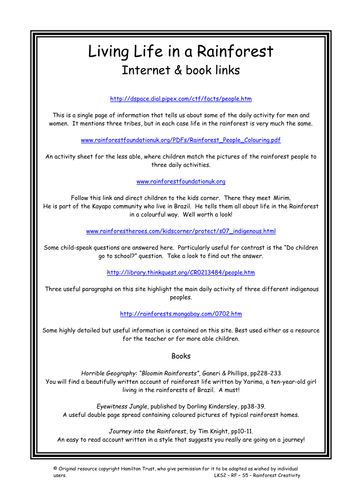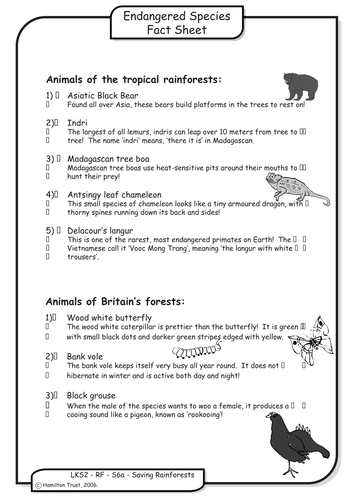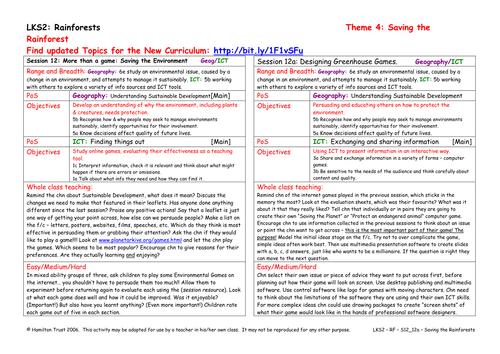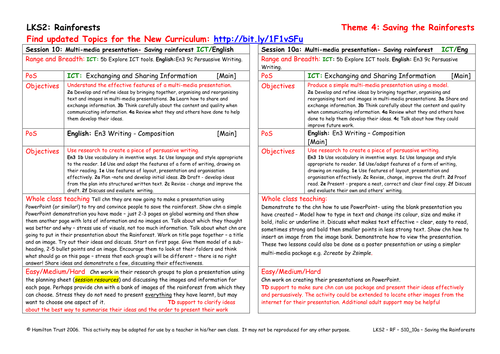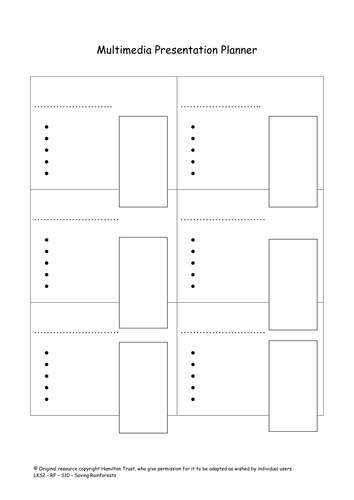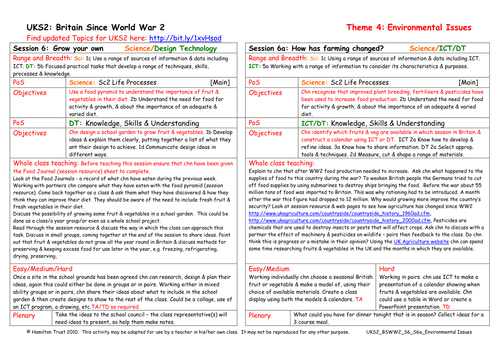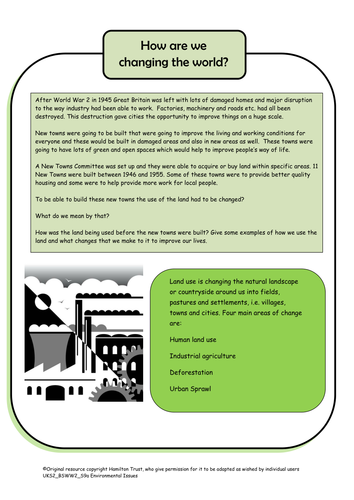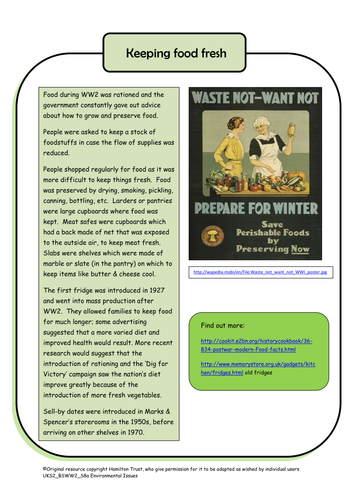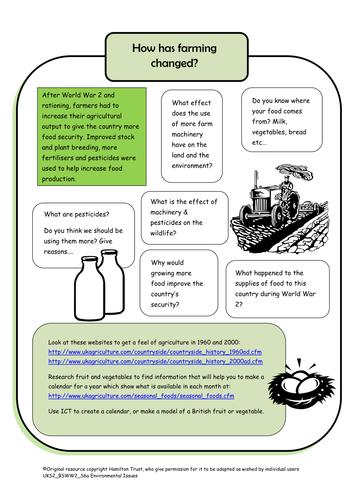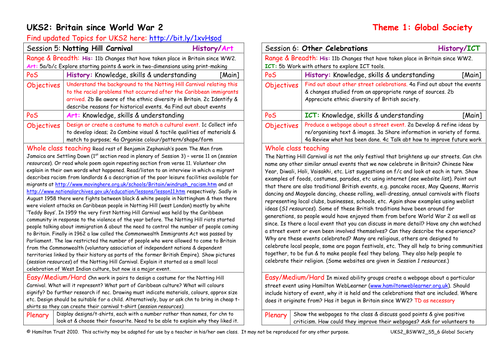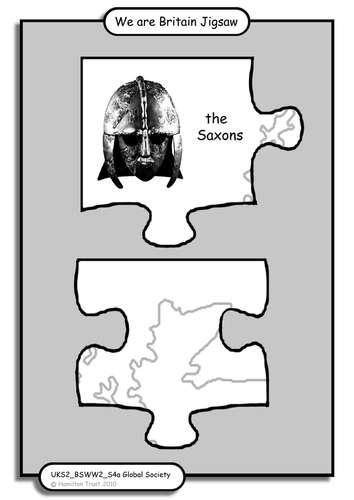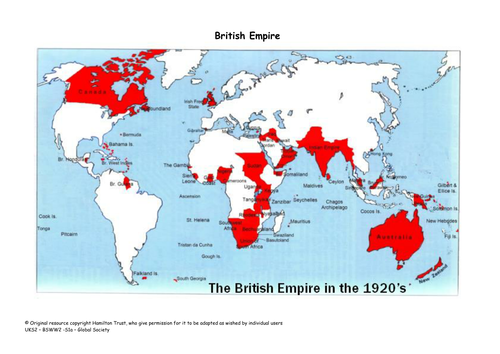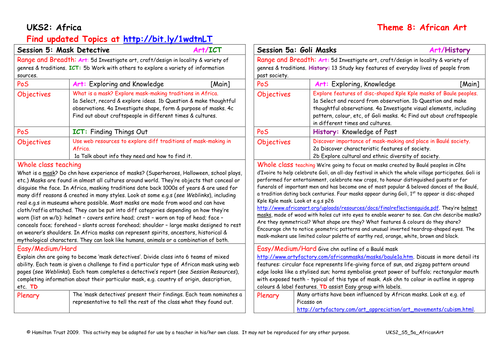
3k+Uploads
10009k+Views
11617k+Downloads
Computing

Dinosaurs and Fossils - Dinosaur Extinction - Upper Key Stage 2
Become an enthusiastic, expert palaeontologist!
Learn about the climate, vegetation and living things of the late Cretaceous period. Research the main dinosaur extinction theories; plan and argue the case for each theory in a class debate. Finally compose a soundtrack for life after the extinction event, ready to play to guests in a darkened, atmospheric space.
Includes:
- Topic Overview
- Block Overview
- Lesson 01: End of an era
After researching the timeline of the end of the Mesozoic Era, gain an understanding of the climate, vegetation and living things of the late Cretaceous period.
- Lesson 02: Delving deeper
Research the variety of extinction theories and consider arguments for and against each theory.
- Lesson 03: Dino debate
Plan and argue the case for each extinction theory in a class debate before voting for the most plausible.
- Lesson 04: Extinction Music in the dark
After reviewing the different extinction theories, compose a class soundtrack for life after the extinction event. Play to guests in a darkened, atmospheric space.
Find more lesson plans and resources at www. hamilton-trust.org.uk.

Dinosaurs and Fossils - Dinosaur Behaviour - Upper Key Stage 2
Become an enthusiastic, expert palaeontologist!
Learn about the importance of dinosaur egg fossils and what they tell us about dinosaurs; research the behaviour of dinosaurs in family groups; then try your hand at film making and create a short dinosaur film about an aspect of dinosaur behaviour.
Includes:
- Topic Overview
- Block Overview
- Lesson 01: Dinosaur egg
Learn about dinosaur egg fossils and how useful they are to palaeontologists.
- Lesson 02: Dinosaur families
Research the behaviour of dinosaurs in their family groups and make your finger puppet dinosaurs ready to film.
- Lesson 03: Dinosaur filming
Create an accurate film backdrop for your short film about an aspect of dinosaur behaviour.
- Lesson 04: Classroom cinema!
Compose a factual voice-over for your dinosaur movie, edit and embed into PowerPoint.
Find more lesson plans and resources at www. hamilton-trust.org.uk.

Year 2 Fiction 3: Traditional tales from other cultures
Read and compare Hansel and Gretel by Anthony Browne, and Baba Yaga and the Stolen Baby by Alison Lurie, Francis Lincoln, and Baba Yaga by Tony Bradman using drama and story maps. Discuss joining sentences using or, and or but. Children write witch stories using story pegs to plan. Introduce some 'story language' and encourage interesting endings. Hamilton Group Reader, Why Not Me?, is used to build confidence in reading aloud.

Australian Rainforest Animals
Children think about the animals that they know come from Australia and then find out if they live in any of its rainforest regions. Children then look at a list of Australian rainforest animals, and print an image from the computer.

Causes of deforestation research
Children use internet search engines in small groups to find out more about a specific threat to the worlds rainforests. Children collect information in the form of notes and present their concerns and solutions to the class.

More than a game… Saving The Environment
Who says learning can’t be fun! Children play and interact with a variety of computer games in the internet, all with a serious message. Children evaluate which are the most fun to play but also best at getting that message across.

Living Life In The Rainforest
The Rainforests are home to some 1.5 million people worldwide. But what is life for them really like? Chn take a close look in this session as they delve deeper into the forests and find out about life in the Jungle using books and ICT.

Endangered Animals 2
In this session children are shown how to use search engines to search for images, and be selective about those that they choose. Children then continue to collect key word notes about their animal or plant.

Designing Greenhouse Games
In this session children apply what they found out in the previous session about internet games to create their own Saving the Planet computer game. Whose will be most enjoyable? Which game will encourage us to do things differently?

Multi-media presentation - Saving rainforest 2
Children complete their presentations started in Session 10, bringing together the information they have collected in previous weeks and images selected from the internet.
Children watch the presentations and give feedback to their peers.

Multi-media presentation - Saving rainforest
In this session children look at a multi media presentation prepared by you which has some good bits and some that need improving!
Children then use what they have learnt to plan and then start work on their own using notes from previous sessions.

Grow Your Own
Children compare a food journal they have kept with a food pyramid which gives the recommended servings of different food groups. The need to include fruit and vegetables is highlighted and children design a garden to grow their own.

How Are We Changing The World?
Children consider ways in which we use the land and how it has changed since WW2. The four main ways are human land use, industrial agriculture, deforestation and urban sprawl.
Children help decide the future of the imaginary Grousebrook Valley in the Peak District NP.

Keeping Food Fresh
Food was rationed during WW2 and the government constantly gave out advice about how to grow and preserve food using various methods. Fridges went into mass production after WW2. Children explore a BBC site – rations, shops, a quiz, etc!

How Has Farming Changed?
After WW2 and rationing farmers had to increase production. Children discuss where food comes from, and their views on the use of heavy farm machinery and pesticides. Children make a model of a fruit/vegetable or create an ICT presentation showing seasonal availability.

Children discuss the advantages and disadvantages of texting and emails, then write an email with attachments to an email ‘pen pal’ about their favourite session from this topic.

Other Celebrations
Look at other celebrations that take place here now because of the different immigrants who have come to Britain. Children research one of these celebrations in groups and using Hamilton WebLearner children produce a web page to describe and explain it.

Jigsaw
Ensure that children understand that all the people who have come to live here since Roman times have made an impact on Britain. Children research one country that people have immigrated from and add a picture and label to a large class version of the jigsaw.

Who Are The British People?
Discuss the diff peoples who came to Britain in the past and made it their home - Celts, Romans, Saxons, Vikings and Normans and how other peoples have continued to come since WW2. Start a class timeline and individual timelines using ICT about this.

Mask Detective
Time to be a mask detective and ask, ‘what is a mask?’ Children explore the rich masking tradition in Africa and consider their design and purposes, looking at lots of examples from across Africa.



